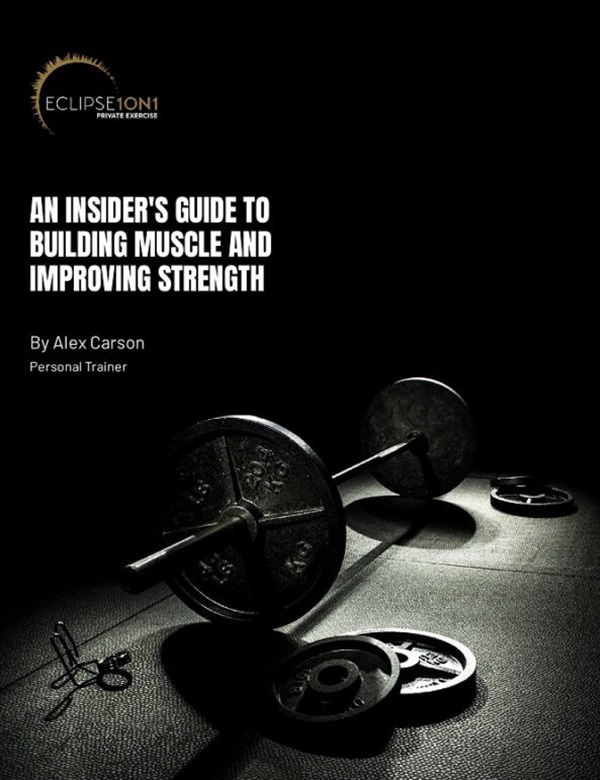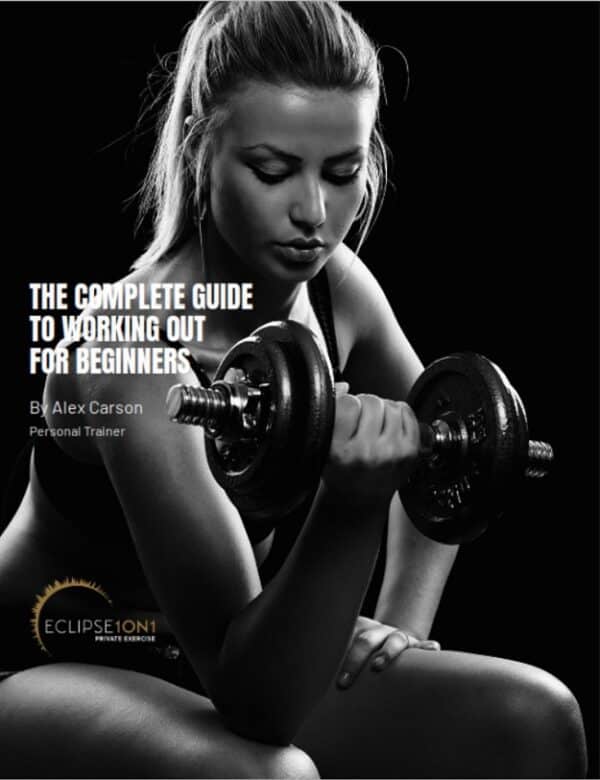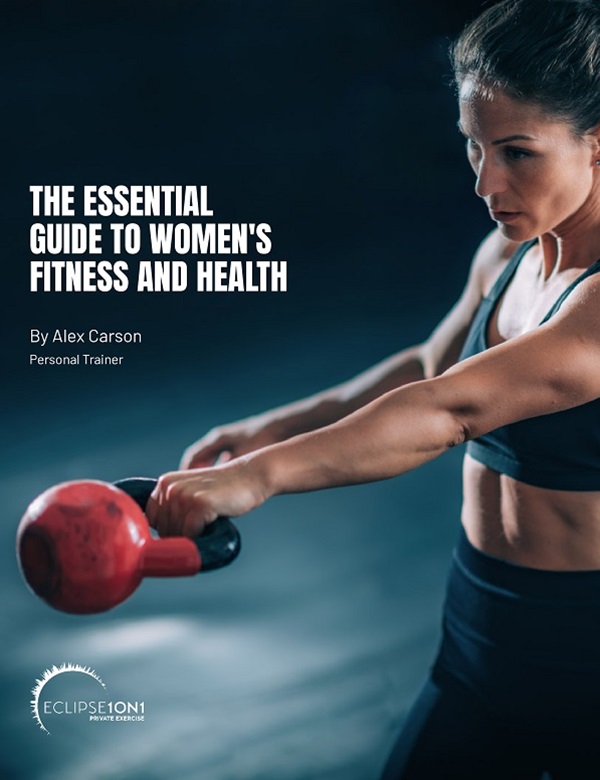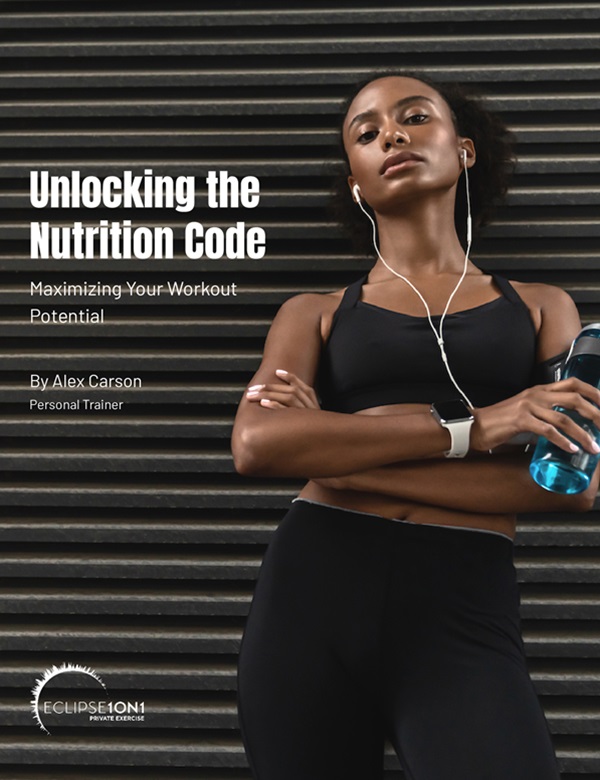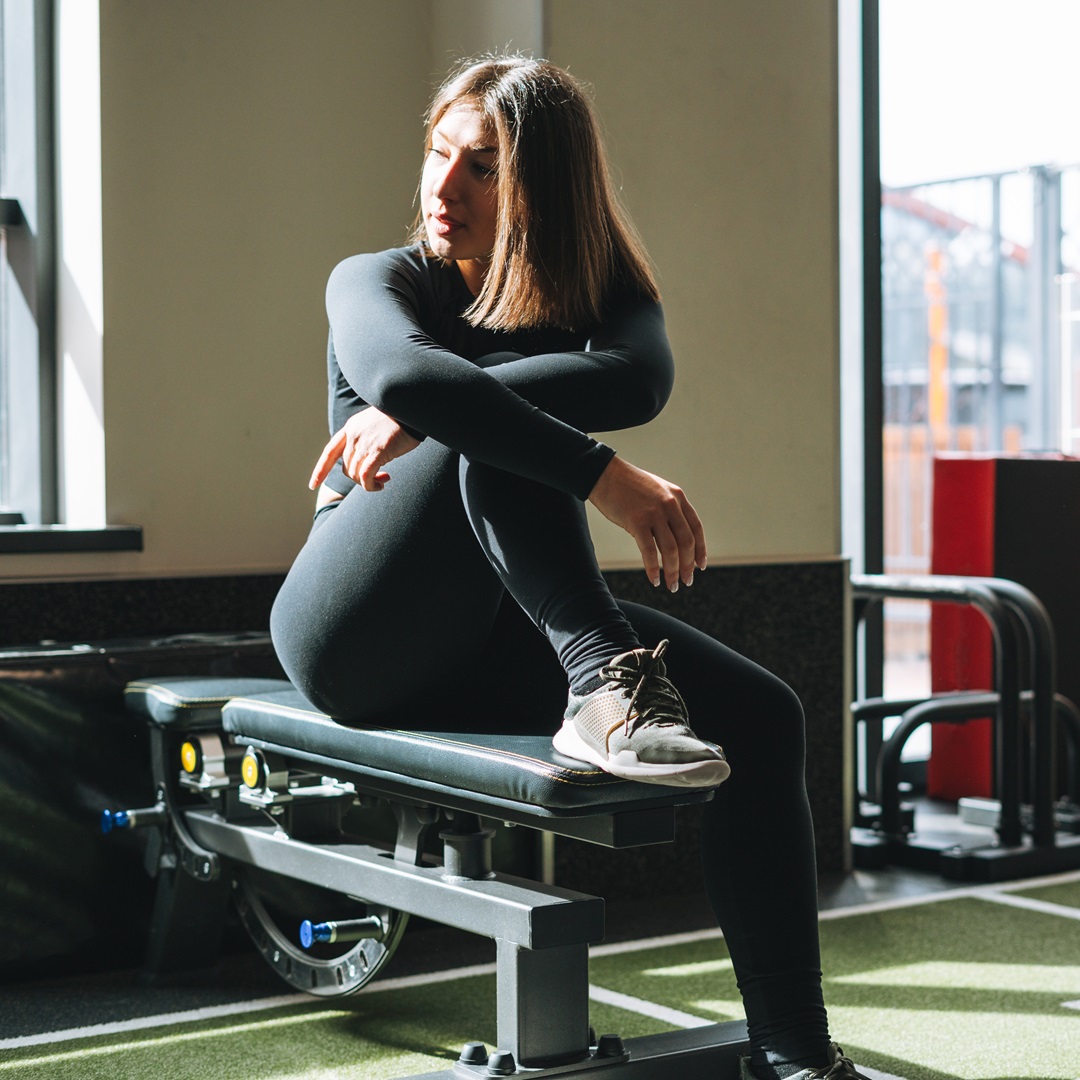Hydration and the Need for Electrolytes
Hydration and the Need for Electrolytes
It’s mid-summer in Atlanta, and it’s blazing hot outside. You probably already know the importance of staying hydrated – regardless of the time of year – but with temperatures in the 90s, you might be wondering if good old-fashioned water is enough or whether you need to make the move to electrolyte-infused drinks.
The answer to that question is not as simple as it sounds. If you’re exercising moderately indoors and your time in the gym clocks in at under an hour, then H2O is all you need to prevent hydration. However, if your workout is intense, or your session exceeds 60 minutes, or you are exercising outdoors under the Atlanta sun, then you need to replenish your electrolytes as well as your water volume?
What are Electrolytes?
Electrolytes are minerals in the body that dissolve in water, carry either a positive or negative charge, and conduct electricity. Electrolytes can be found naturally in fruits and vegetables, as well as drinks such as milk and coconut water, but after a hard workout, you need a little extra help to replenish the electrolytes that were lost, which, in turn, improves hydration, muscle function, and nervous system function
Our bodies have seven distinct types of electrolytes, including sodium, potassium, magnesium, chloride, calcium, phosphate, and bicarbonate. However, the vital minerals to focus on are sodium, potassium, magnesium, and calcium. They will help your muscles contract and relax – and avoid cramping – maintain body temperature and help with any mineral deficiencies.
- Sodium: Sodium is one of the most important electrolytes in the body, as it plays a key role in balancing the internal fluid levels by helping the body retain fluid. Sodium is needed not only to ensure proper hydration levels, but also to ensure muscles and nerves function properly. The body loses sodium through urine and sweat and relies on the kidneys to adjust the amount of sodium that is expelled through the urine based on fluid levels in the body.
- Potassium: Approximately 80% of the body’s potassium can be found in the cells of the muscles, while the remaining 20% is kept in the cells of the liver, bones, and red blood cells. Potassium and sodium work in tandem to maintain the proper balance of fluids in the cells and the body. Most of us do not get enough potassium from our daily diets.
- Magnesium: The body uses magnesium to perform more than 600 cellular reactions, making it one of the most common minerals in the body. Despite the importance of magnesium, more than two-thirds of us do not consume enough magnesium to meet the recommended guidelines as part of our daily diets. Magnesium is used by the body to support a healthy, regular heartbeat, help make DNA, regulate muscle contractions, maintain healthy brain function, and perform many other functions.
- Calcium: Calcium is a key element in your body, but it does more than just build strong bones and teeth. It’s also used to control your muscles, transmit signals in your nerves, manage your heart rhythm and more.
In short, maintaining an adequate supply of electrolytes helps prevent of dehydration, and drinking electrolyte-infused drinks before, during, and after an intense workout replaces the electrolytes that the body loses through sweat and urine. They help your body retain fluid during heavy exercise when you’re sweating, so they can also keep joints lubricated and maintain your energy, avoiding dehydration related fatigue. When used for athletic performance, electrolyte drinks can give you the power to keep performing at your peak for longer by supporting hydration levels and can also help you recover from a tough workout more quickly.
When to Take Electrolytes
- Before Your Workout: You’ve probably been taught to rehydrate after your workout, but if your session is intense – or you’re sweating profusely under the hot Atlanta sun – then that’s not enough; you need to support your body before, during, and after your workout. By hydrating well before a workout – what we call “preloading” – you’re giving your organs, cells, and tissues the fluid they need to perform at an optimal level. Think of preloading as stretching or a warmup. With a dose of hydration before exercise, you’re giving your body the boost it needs. Start drinking water and electrolytes about one hour before, so the fluid has time to reach all areas of your body. Pre-hydration also gets your heart pumping and blood moving through your core and extremities to prepare for exertion. Preloading is especially crucial for endurance athletes and when performing in hotter temperatures.
- During Your Workout: You’ve prepared your body for exercise, and now it’s time to keep it hydrated during your workout. You don’t necessarily need electrolytes for this, as water will suffice for short or easy sessions. For longer and more-intense sessions, though, add electrolytes to your water. A good rule of thumb is to drink about 100ml to 150ml of water every 20 minutes or so. Too much intake can make you feel sick, especially for high-endurance and intense activities, so small regular sips are best.
- After Your Workout: You lose fluid during exercise because you sweat and breathe heavily, so replenishing lost water and electrolytes should be a priority after you’ve finished your workout.
Good hydration is critical to health and keeps our bodies performing at their best, not only in terms of all the processes that go on, but also keeping our levels of concentration up. Keep a bottle of water close by to top up fluid levels regularly and keep thirst away and add electrolytes before, during, and after intense workouts.

